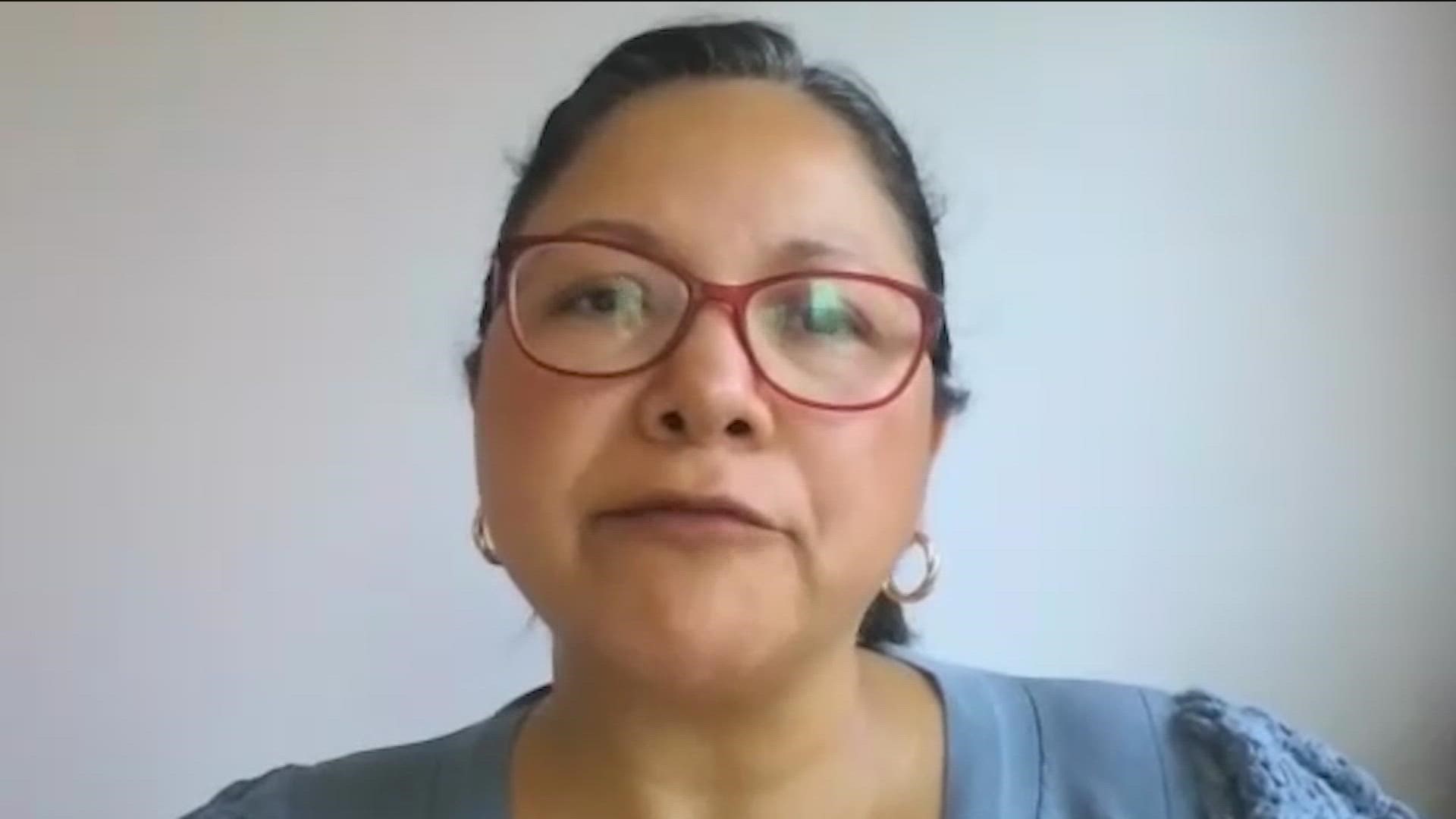TRAVIS COUNTY, Texas — Austin Public Health reported Friday, June 21, that it was awaiting results from the Centers for Disease Control and Prevention on a presumptive Travis County monkeypox case. As of June 30, that case is now positively confirmed.
The resident, who had close contact with someone from another state potentially carrying monkeypox, is isolating at home and did not need to be hospitalized. Epidemiologists with APH are currently contact tracing and speaking with individuals "who had direct close contact with the resident while infectious," the public health agency said. The possibly infected out-of-state individual is also under investigation.
“This spread of monkeypox within our community is concerning. Anyone who believes they may have symptoms of the virus should reach out to a medical provider immediately,” said Dr. Desmar Walkes, Austin-Travis County Health Authority. “This virus is predominantly spread through close, intimate contact with others. You should avoid skin-to-skin contact with anyone showing rashes or sores.”
Walkes said in a Travis County Commissioner's Court meeting Monday that there is community spread. Officials say there are six other presumptive cases waiting to be confirmed by the CDC. And, as of July 7, there are 23 cases reported across Texas.
APH is helping hospitals and health care providers with testing, case identification, infection control and more. They also have an Incident Management Team and daily situation report.
Monkeypox is a rare disease spread through close contact, such as intimate physical contact and direct contact with scabs, rashes or body fluids. It can also spread by touching items that had direct contact with rashes or body fluids.
A pimple- or blister-like rash, fever, headache, muscle aches, swollen lymph nodes, chills and exhaustion are all symptoms of monkeypox.
According to the World Health Organization, the case fatality ratio for monkeypox is about 3-6% in recent times. Heather Cooks-Sinclair is the epidemiology and disease surveillance unit manager with APH, and she said there are some symptoms to look out for.
"You get a rash that's very uncomfortable, it's painful and itchy, but most people resolve on their own," Cooks-Sinclair said.
"While the threat of monkeypox remains low, we recommend that all Travis County residents be aware and seek medical care if you believe you have symptoms of the virus,” said Walkes. “While our local health care providers are working with epidemiologists to monitor the virus, the community should continue the hygiene practices we know work such as handwashing and minimizing skin-to-skin contact, especially with those showing rashes or sores.”
While there’s no specific treatment for monkeypox available, there is a treatment that is being used.
"They have anti-virals which are currently being deployed for some cases of monkeypox. It is a medication that has traditionally been used for smallpox," Cooks-Sinclair said.
Cooks-Sinclair said the CDC is rolling out vaccines. APH has ordered them.
"Austin Public Health received vaccines from the CDC and we have enough for now. These vaccines are being administered to the high-risk contacts of this case presumptive and confirmed cases and are working with DHS to receive more doses going forward," said Flor Hernandez Ayala, epidemiologists with APH.
Monkeypox can be spread in the following ways:
- Direct contact with the infectious rash, scabs or body fluids.
- Respiratory secretions during prolonged, face-to-face contact, or during intimate physical contact, such as kissing, cuddling or sex.
- Touching items (such as clothing or linens) that previously touched the infectious rash or body fluids.
- Pregnant people can spread the virus to their fetus through the placenta.
Symptoms include:
- Fever
- Headache
- Muscle aches and backache
- Swollen lymph nodes
- Chills
- Exhaustion
- A rash that can look like pimples or blisters that appear on the face, inside the mouth, and on other parts of the body, like the hands/palms, feet, chest, genitals or anus.
- The rash goes through different stages before healing completely. The illness typically lasts 2-4 weeks.
The following measures can help prevent monkeypox infection:
- Minimize skin-to-skin contact, especially if a person has been exposed to the virus, showing a rash or skin sores.
- Avoid contact with any materials, such as bedding, that have been in contact with monkeypox.
- Practice good hand hygiene. For example, washing your hands with soap and water or using an alcohol-based hand sanitizer.
- Use personal protective equipment (PPE) when caring for people infected with monkeypox.
PEOPLE ARE ALSO READING:

